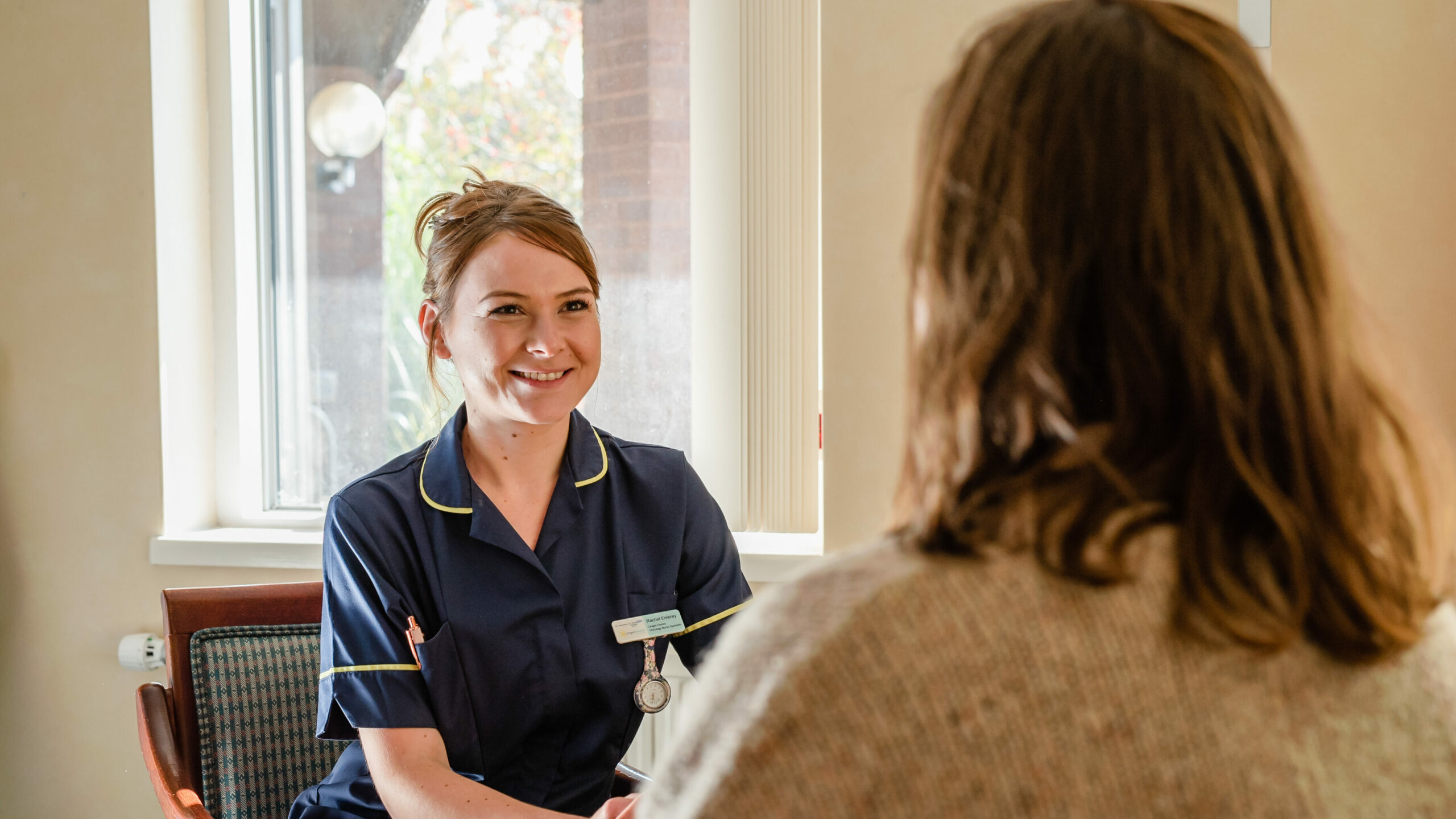Information About Prostate Cancer
1 in 8 men will be diagnosed with prostate cancer. Most cases of prostate cancer occur in men over the age of 50, and the chance of being diagnosed continues to increase with age. Around 1 in 3 diagnoses are in men over the age of 75.



